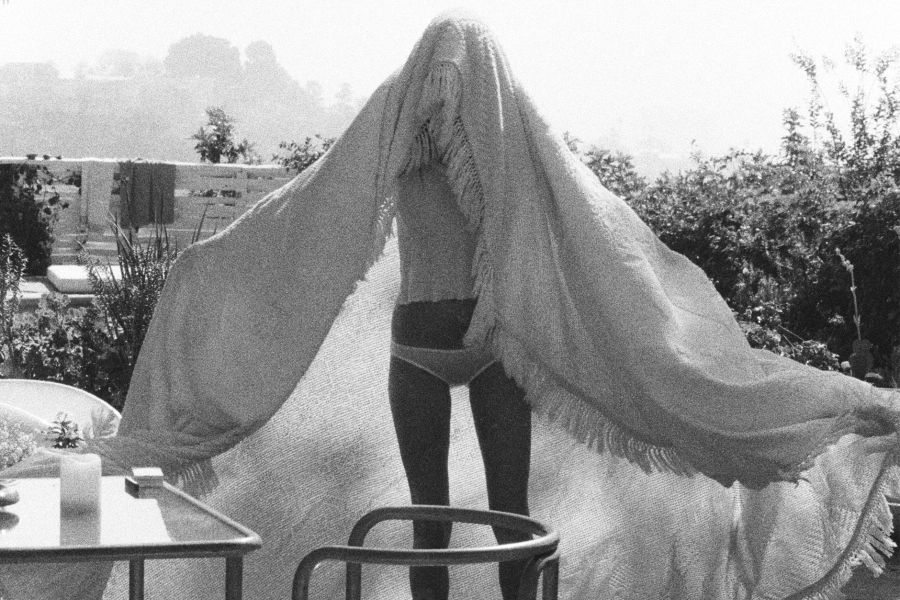
Every week in the RUSSH 'working from home' chat, a similar conversation takes place. Inevitably, there is some talk about the current state of coronavirus restrictions. And while some of us express relief at the opportunity to see friends and regain past freedoms - for the other half (myself included) there's a persistent feeling of post isolation anxiety when faced with rejoining the outside world.
Why is that some of us feel fear, while others feel relief, in the face of easing restrictions in Australia? Is it down to introversion or extroversion? A predisposition to hypochondria - or not?
Having hypothesised for some weeks it seemed about time to ask an expert. So we got in back touch with Dr Scott Lyons, a clinical psychologist specialising in stress and trauma. It would seem this paradigm is not only applicable to team RUSSH. And it turns out talking about it is among the best things we can do.
While some people can't wait to be in the outside world, others feel anxiety with coronavirus restrictions easing. What's behind this?
A virus can be considered an invisible threat. And anxiety can arise from a sense of threat in the air - not knowing if we are fully safe. Others may not perceive an ongoing threat and therefore their attention is more about reconnecting to their friends and the relief of not being home bound. The reason some people are more fearful is a mixture of genetic dispositions, the environment that they grew up in, the ability to realistically measure threat and consequences, emotional intelligence, and resilience.
How common is a sense of fear (rather than, say, relief) in response easing restrictions?
As humans we will always have a mixture of feelings ... it’s just that some feelings we pay more attention to than others, or we have given ourselves (or our family did) more permission to feel one feeling over another.
What can we do to address any fears - and how can we take care of ourselves in a mental sense during this time?
Identify what in your life are things that give you a sense of ease and calm; make a list. Counter balance the things that are creating fear with some things that bring you calm and security. Talk to people who are supportive and give yourself permission to feel your feelings. Remember, that the more you suppress your feelings the louder eventually the anxiety gets.
For those who feel anxious - how long do you think these feelings will last, in consideration of Australia's current trajectory? What's at play?
Like a break up or any mourning processes, significant life experiences take time to metabolise and move through. Eventually other experiences and focuses will start to occupy people's attention; which will over time decrease the focus on the things creating the anxiety.



